Vitalik Buterin advocates ZK ‘Likes’ on Farcaster after X privacy shift
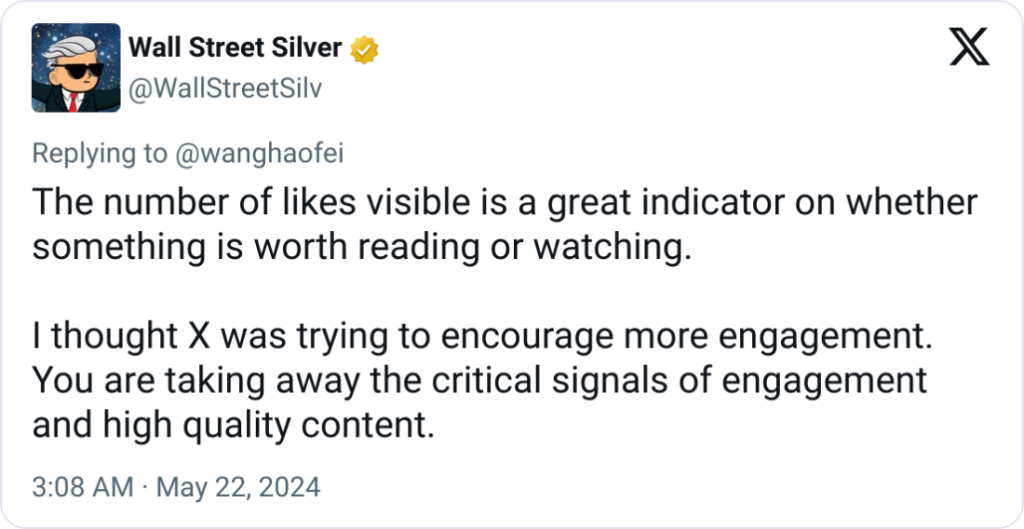
Vitalik Buterin advocates for zero-knowledge “Likes” on social media in pursuit of combatting preference falsification.

Ethereum co-founder Vitalik Buterin expressed his support for X engineer Haofei’s announcement on the decentralized social media platform Farcaster. Haofei revealed that X will be making “Likes” private.
On May 20, Buterin took the idea further, suggesting that Farcaster should implement zero-knowledge (ZK) likes to combat preference falsification — the misrepresentation of true preference due to social pressure or fear.
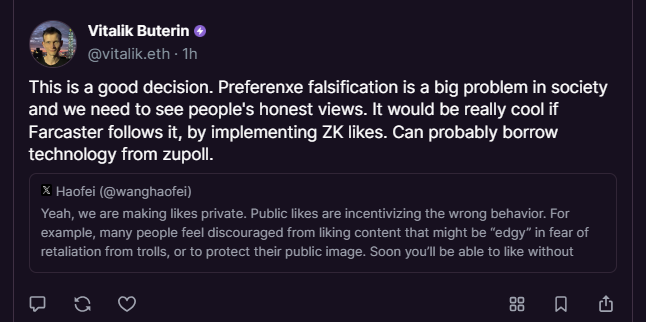
ZK technology is a privacy-preserving cryptography technique that allows one party to prove to another that a statement is true without revealing confidential information. When applied to likes, it would prove someone has liked a post without revealing their identity.
Buterin suggested borrowing ZK technology from Zupoll, a tool used within the pop-up city concept, which Buterin initiated and dubbed Zuzalu. Geared toward decentralization and cryptography, Zupoll is used for anonymous voting and poll decision-making.
The suggestion to use ZK technology Buterin put forward aligns with the principles behind the Farcaster platform: user privacy, censorship resistance, autonomy, and the distinction from centralized social media platforms.
In response to rumors that X might be hiding users’ likes by default, Haofei confirmed that the platform would be making likes private and explained the rationale behind this:
“Public likes are incentivizing the wrong behavior. For example, many people feel discouraged from liking content that might be “edgy” in fear of retaliation from trolls, or to protect their public image.”
Haofei continued, stating that users would soon be able to like posts “without worrying who might see it.” He also reminded users that “the more posts you like, the better for you the algorithm will become.”
Community responses to the news were mixed. Some users suggested the idea be taken further, stating, “Why stop at likes? Following is the same.” High-profile accounts like Wall Street Silver posed a contrasting opinion.
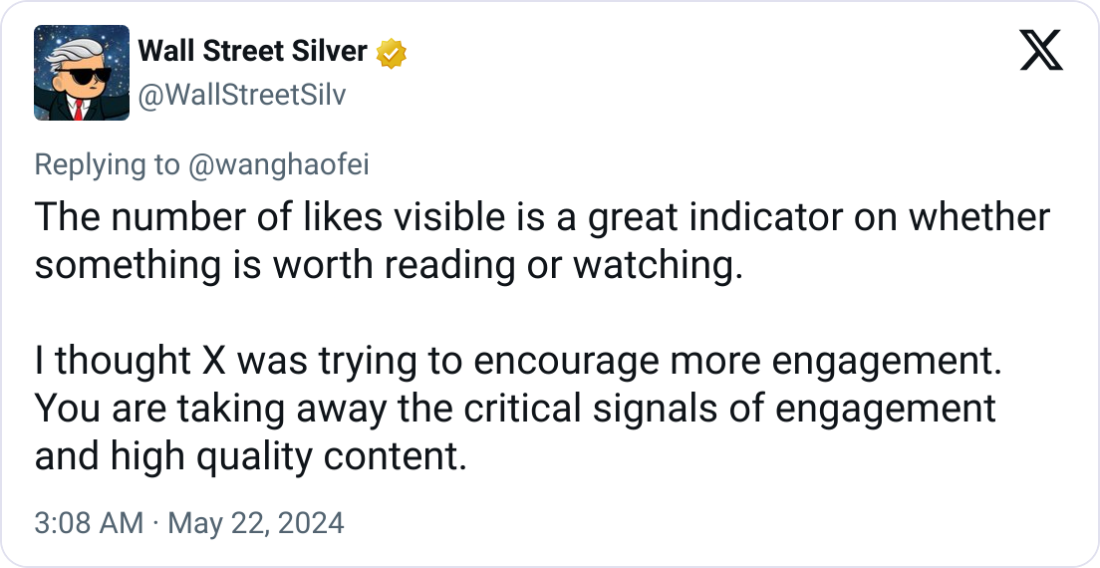
Related: White paper that birthed crypto ZK-proofs receives IEEE ‘Test of Time’ award
Outside of the field of ZK cryptography, Buterin has recently suggested solutions to mitigate the miner extracted value (MEV) problem. Through MEV strategies, validators can accrue profits by arranging the transactions within a block to seize otherwise inaccessible arbitrage opportunities.
However, this practice congests the network, increases trader slippage requirements, and increases gas fees. To combat this, Buterin suggested the use of MEV minimization quarantine techniques, the use of inclusions lists, and reduced requirements to run a node.

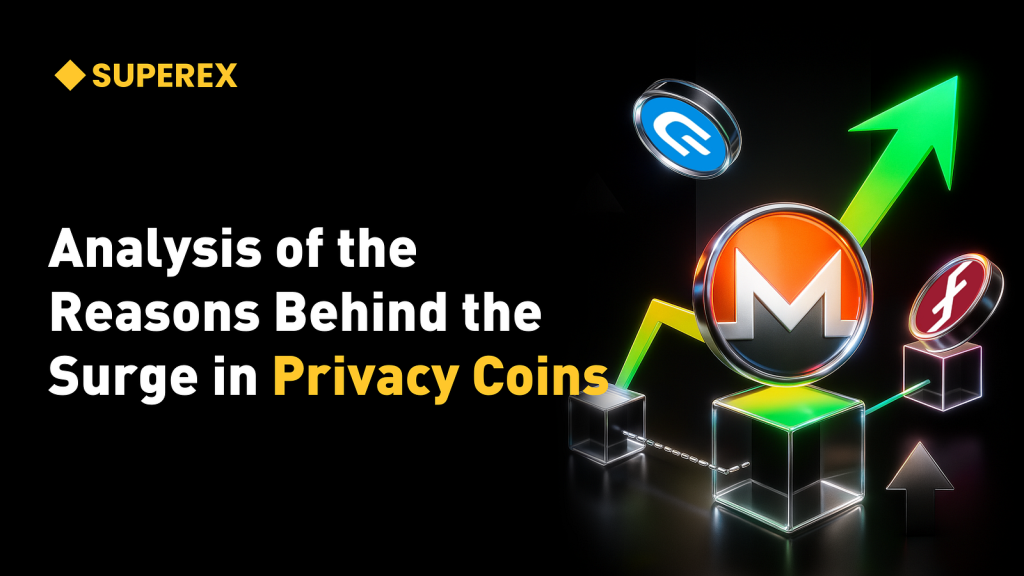
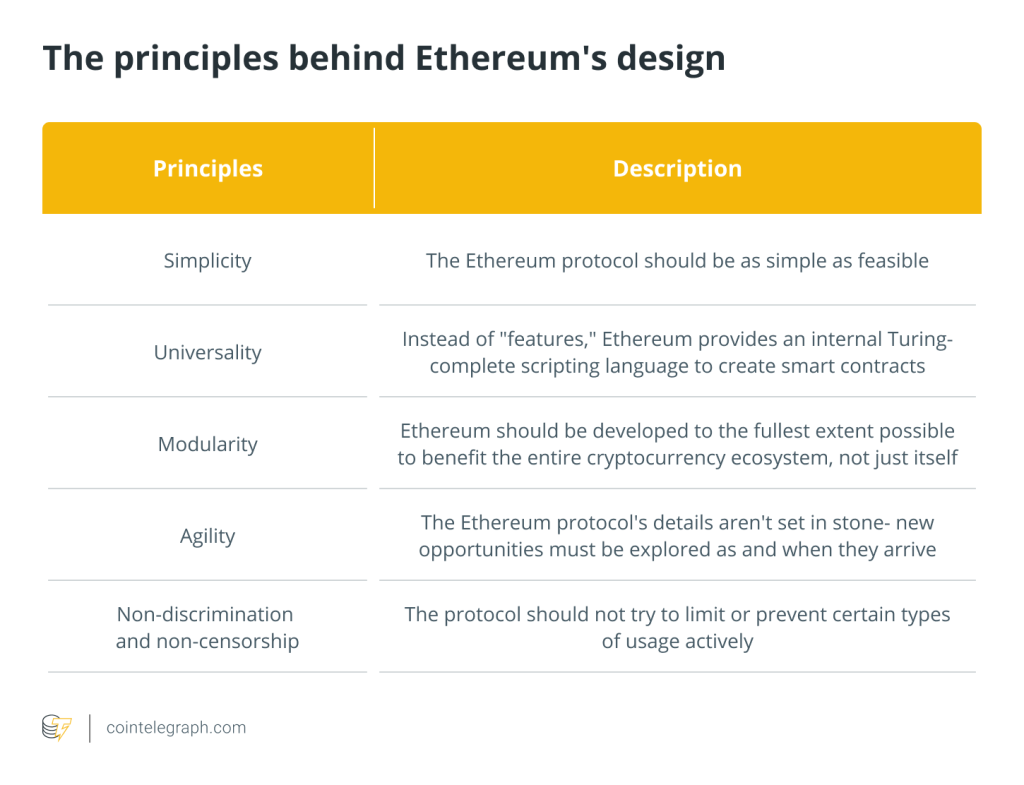
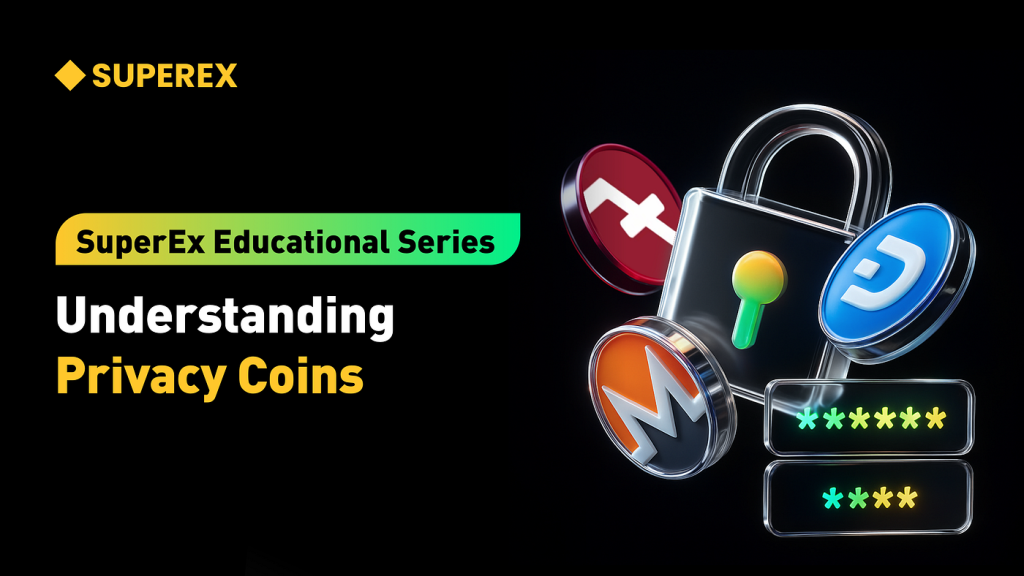
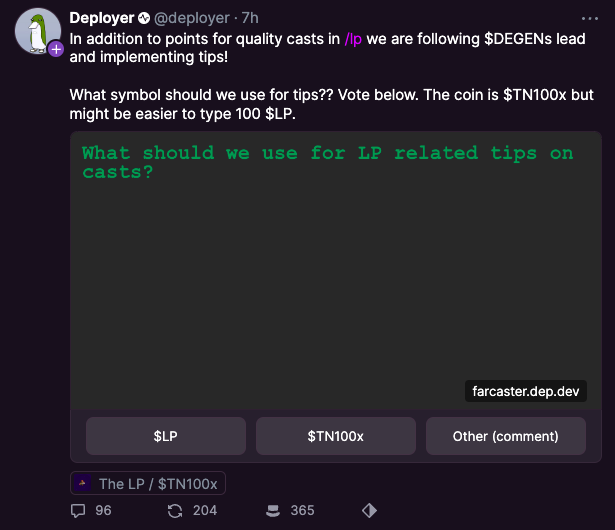
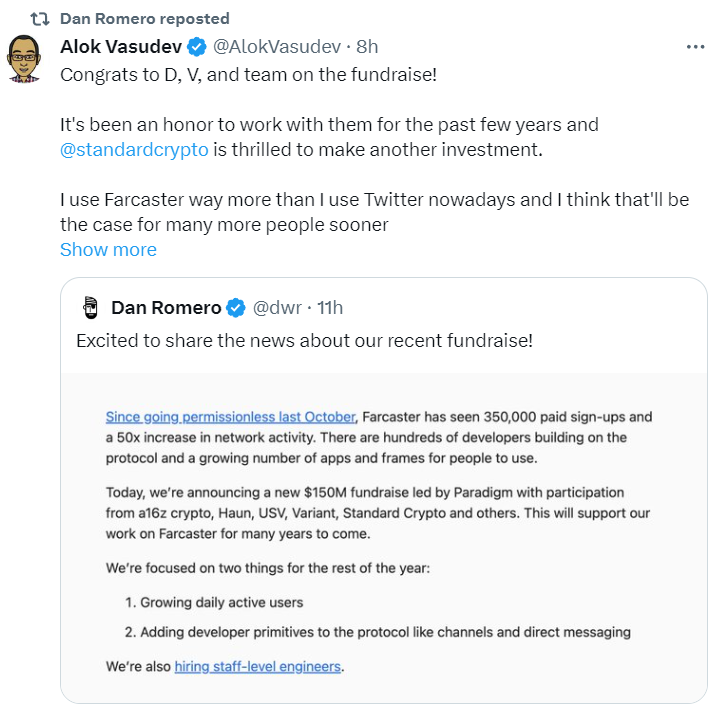
Responses